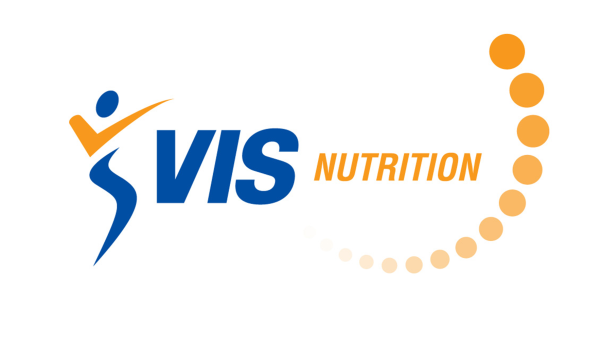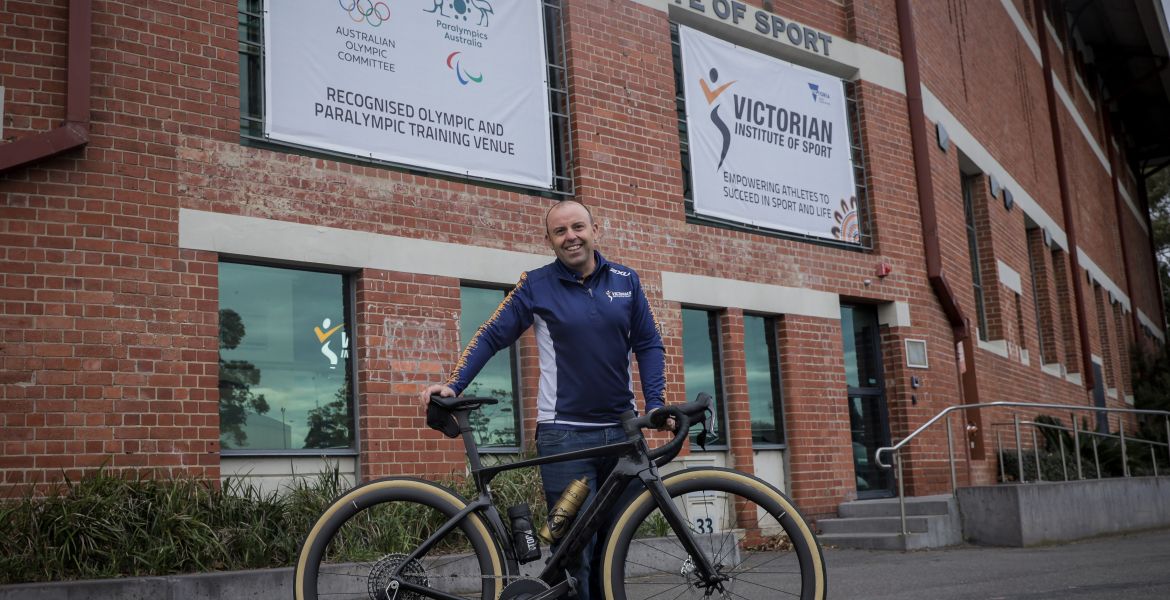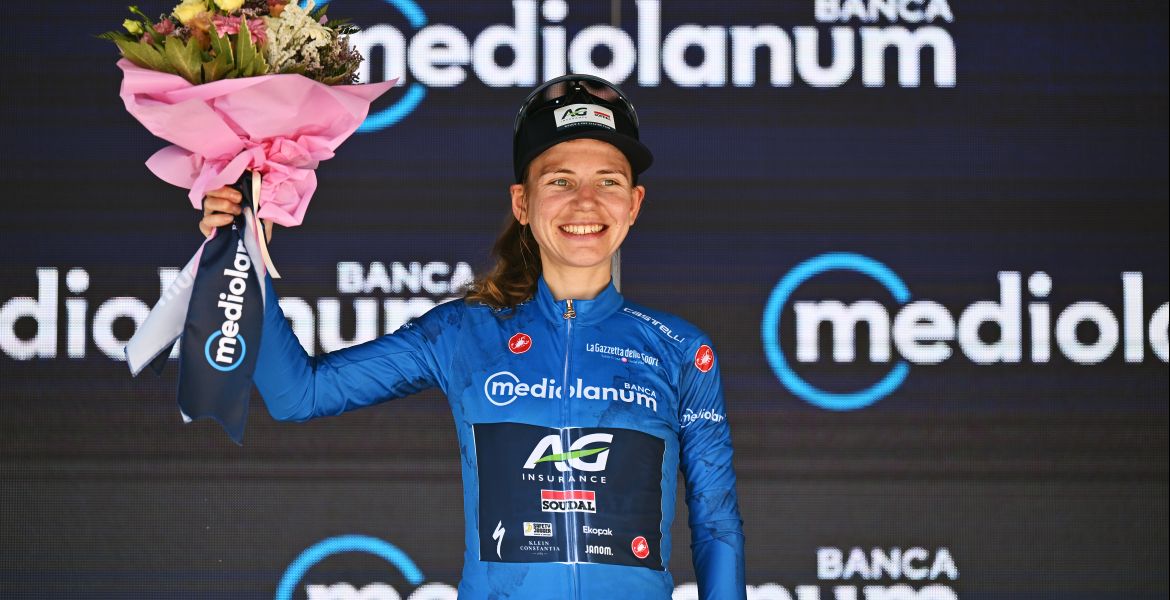Most athletes will experience periods where they’re fighting fatigue. Symptoms of fatigue can include general tiredness, reduced exercise performance and recovery, difficulty reaching usual exercise intensity, loss of weight and/or appetite, and an increased risk of illness.
Fatigue may be due to an increase in training, stress, and/or lack of sleep. The role of nutrition to address fatigue may be overlooked, but certainly plays a role.
Nutritional factors contributing to fatigue may include;
- Poor food choices – a busy training schedule, in addition to other commitments (work, study etc), can leave little time to get to the supermarket or prepare healthy meals and snacks. Plan ahead! Set aside some time to go grocery shopping for the week. Cook meals in advance so they’re ready to go for those days when your time is limited.
- Inadequate intake and poorly timed consumption of carbohydrates – your carbohydrate intake should be adjusted to meet the requirement of your training load. Include carbohydrates before key training sessions to fuel the activity. Make sure you’re including carbohydrates in your recovery meal after a moderate-high intensity activity.
- Dehydration - dehydration impacts on exercise performance. Including a drink with every meal and snack will assist with daily fluid needs.
- Iron deficiency – athletes, particularly females, adolescents and those who avoid red meat, have an increased risk of iron deficiency. If you believe iron deficiency may be contributing to your fatigue, monitor changes to iron levels through regular blood tests with your GP to determine whether insufficient iron is the cause of fatigue.



















